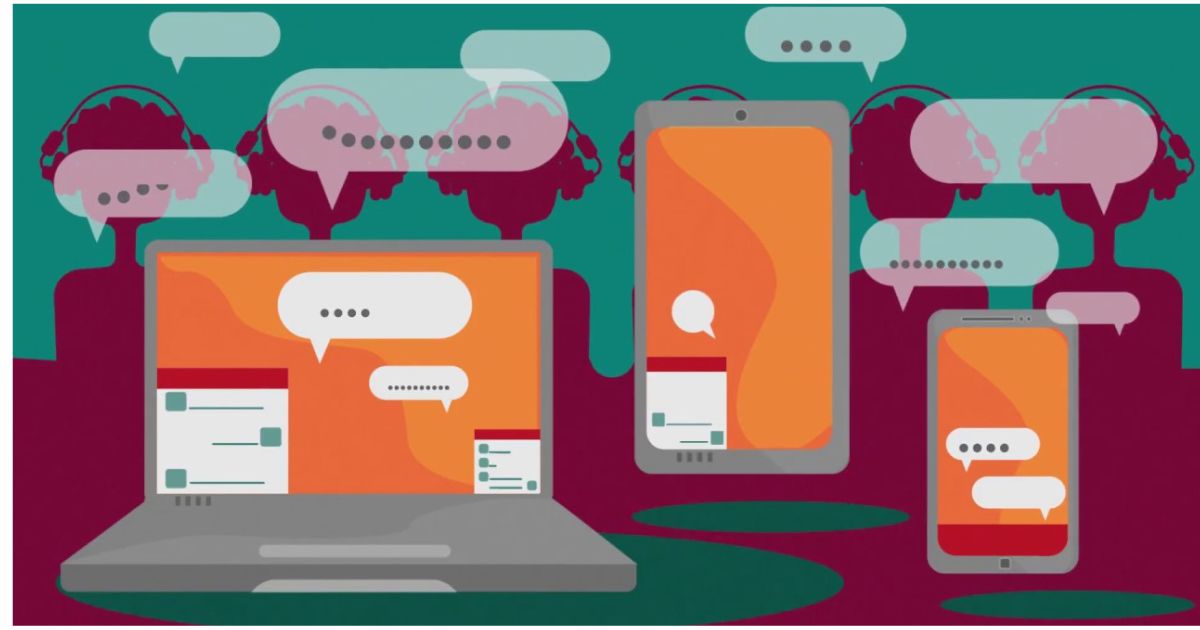In a digital landscape dominated by social approval metrics, a study conducted by Cornell University sheds light on the unsettling connection between social media likes and online hate. Contrary to conventional wisdom, trolls aren’t solely motivated by animosity but are instead driven by the pursuit of social approval, with each “like” fueling a cycle of increasingly hateful messages.
Cornell researchers, Julie Jiang, Luca Luceri, and Emilio Ferrara, delved into the dynamics of online hate, particularly focusing on X (formerly Twitter). Analyzing user behavior, the study found a disconcerting trend: when a negative post garnered a significant number of “likes,” the subsequent post from the same author tended to be even more inflammatory.
This challenges the common belief that trolls aim to inflict emotional harm, revealing that their primary motivation is the quest for social approval.
Social Media Likes And The Social Approval Conundrum
The study highlights that hate speech online is intricately linked to social dynamics and the desire to impress like-minded individuals. Rather than intending to cause harm directly, individuals posting toxic content are seeking affirmation from their online community.
Joseph B. Walther, a visiting scholar at Harvard University, underscores this phenomenon, explaining that even hate groups such as white supremacists often use codes and symbols understood only by their in-group, emphasizing the importance of eliciting approval from within their community.
As concerns about hate speech on popular social media platforms persist, the study indicates that many hate groups are moving to smaller, fringe sites. Here, they can freely communicate using coded language, ensuring their messages remain within the confines of their like-minded community, shielding their targets from direct victimization.
The findings align with previous research indicating that heavy users of social media, who engage intensively with one another, tend to produce more impulsive and thoughtless posts over time. Desensitized to positive feedback, such as “likes” and comments, these users prioritize instant gratification over accuracy and clarity.
With the rise of hate speech online paralleling an increase in hate crimes, the study suggests that understanding the psychology behind these online behaviors is crucial for effective monitoring and intervention.
The challenge lies in striking a balance between addressing hate speech without infringing on First Amendment rights. Experts hope that unraveling the motives behind online hate will pave the way for more proactive measures to prevent the transition from online vitriol to real-world consequences.
As social media continues to play a significant role in shaping public discourse, the study underscores the urgency of addressing the dark underbelly of online interaction. Recognizing the intricate relationship between social approval and hate speech is essential for devising comprehensive strategies to mitigate the impact of toxic content on individuals and society as a whole.
The Cornell study serves as a stark reminder of the evolving landscape of online interactions. Beyond the conventional understanding of trolls driven solely by hate, the pursuit of social approval emerges as a powerful motivator.
As platforms grapple with the challenge of managing hate speech, the study advocates for a nuanced approach that delves into the psychology behind these actions, offering hope for a more informed and effective response to the growing issue of online toxicity.








Leave a Reply
You must be logged in to post a comment.